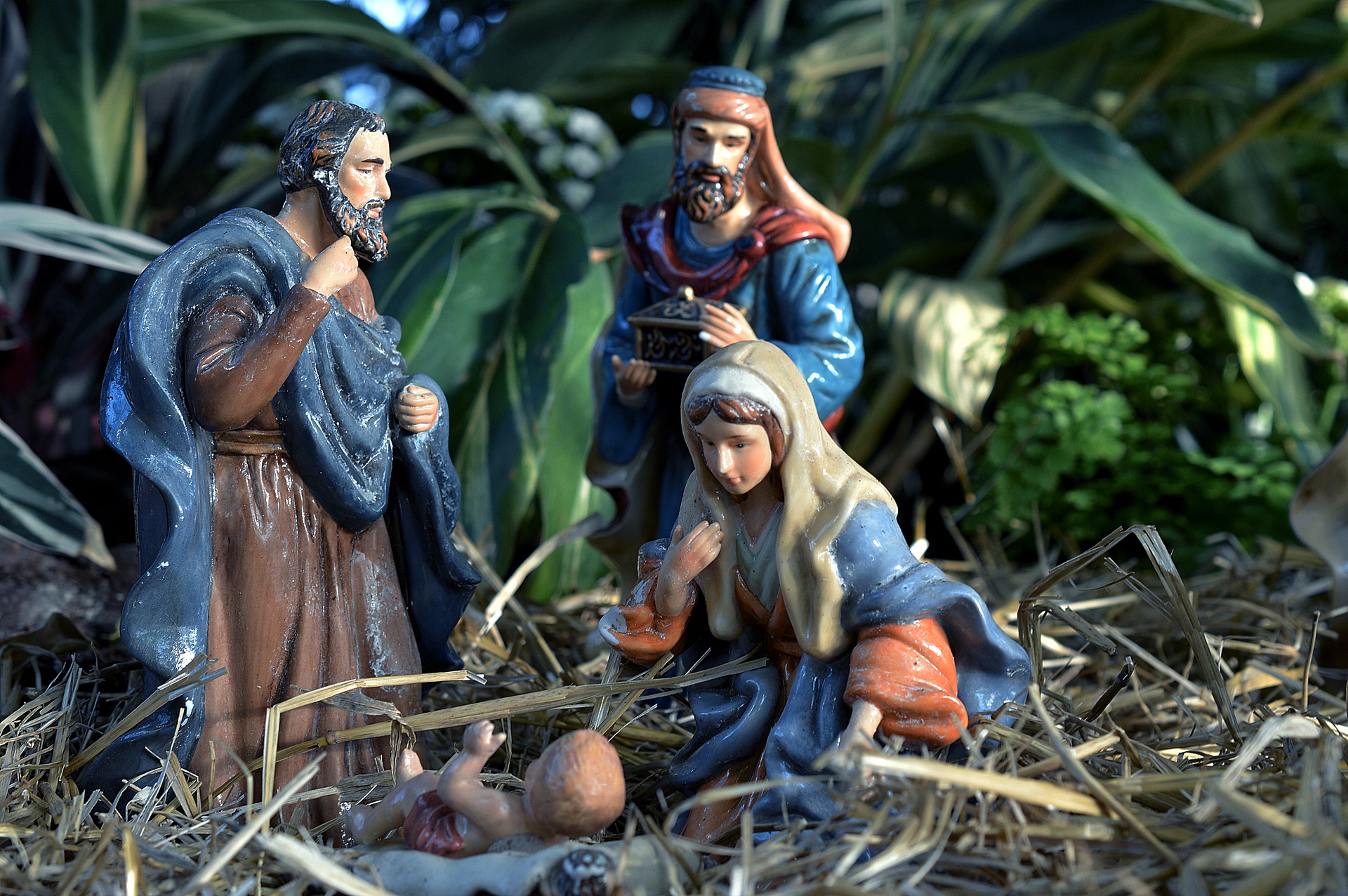Preparing for Christ
The holiday of Thanksgiving is the perfect spring board for our leap into the Christmas season. It seems rather odd that we celebrate a day of giving thanks and then scramble to find the perfect gifts for those we love, as if they don't have enough already. Don't get me wrong, I love Christmas and one of my love languages is gifts. I love to find gifts for people and I also love to receive gifts from others. Especially, when the person doing the giving has really thought about the person receiving the gift.
In my last few posts I referred to giving thanks as that which brings us back to center, or back to where God wants us to be in our relationship with Him. What better thing to do before we enter into the hectic mayhem of the holidays. It is often hard to keep our focus on the reason for the season, which as most of you know is the birth of Jesus.
Pixabay
It seems in our society today belief in God is a common occurrence. If you ask someone if they believe in a higher power or an intelligent designer, many will say yes. They also will tell you that this being is good and would never condemn people to a place ofeternal damnation. What has become lost in the chaos of our daily lives is the need for a Savior.
What did Jesus come for? Did He come, so that we might have a holiday to celebrate? Did the shepherds leave their flocks to come see where the baby Jesus was born, so we could have colored lights in the windows and pretty trees in our living rooms? Did the three wisemen leave their homes and travel for months to give gifts to the Christ child so we could give gifts to each other? No. They came because He was and is the Son of God.
Jesus came so that we might have life and life more abundantly. The book of Romans in the New Testament explains:
“for all have sinned and fall short of the glory of God,”
“For the wages of sin is death, but the free gift of God is eternal life in Christ Jesus our Lord.”
“But God demonstrates His own love toward us, in that while we were yet sinners, Christ died for us.”
“that if you confess with your mouth Jesus as Lord, and believe in your heart that God raised Him from the dead, you will be saved;”
The holiday of Christmas must lead to the holiday of Easter. The manger makes way for a cross. We cannot have one without the other. So you see, Jesus really is the reason for this season; a season of love, giving and caring.
In the words of Jesus Himself,
“I am the way, and the truth, and the life; no one comes to the Father but through Me.”
As we begin our Christmas preparations, I pray we will not lose sight of the one who prepared the way for each one of us.











